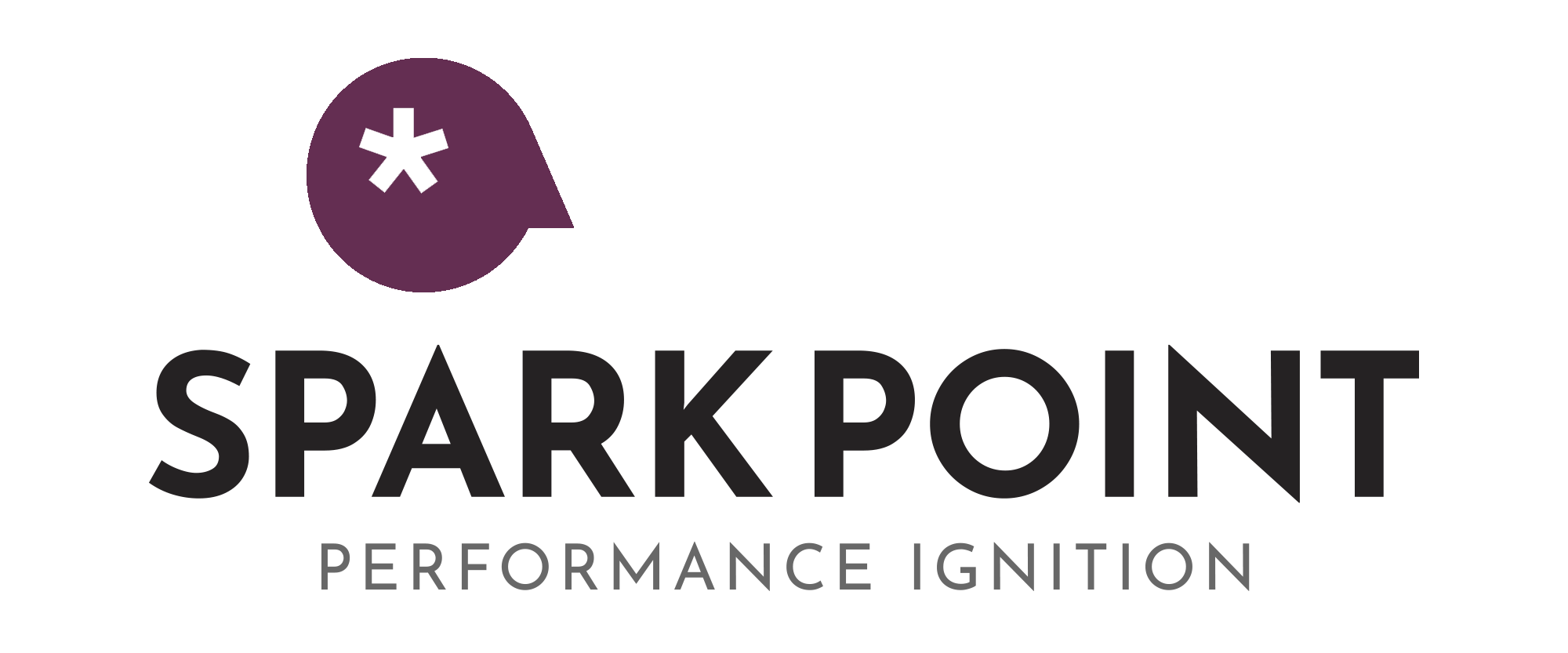Not getting the input you need from your employees?
If you’re like many managers, sometimes it’s difficult to get the information or feedback that you really need to maximize your team’s results within your department.
In working with leaders, teams and organizations there are 3 things to explore when first trying to improve the quality and amount of important feedback.
1) Check the feedback loop.
Is there a working mechanism for feedback in place, and does everyone know how to use it? If you are looking for input, good or bad, how do people get it to you? Do you have regularly scheduled meetings with your employees to check in? If something pops up is there a protocol on who needs to huddle quickly to resolve it? Many times the people we need to hear from don’t voluntarily bring up issues, for a host of very valid reasons. Managers who step up and engage each employee on how to improve processes and work flow are much better able to hear what they need to hear to maximize outputs.
2) Check relationship dynamics.
There is often an undercurrent of power dynamics on teams, and differing levels of trust and relationships amongst co-workers. This sometimes can create friction and factions develop, which can work to undermine your team’s effectiveness. Find ways to build relationships, improve work/task based problem solving sessions with your team, and be aware of “work-arounds” created from lack of accountability to each other or stalled working relationships.
3) Check your blind spots and intentions.
Do you really want feedback or do you want to hear what you want to hear? This happens more often than you think – often we are given feedback but don’t recognize it because we find what we look for. If you look for, or automatically have, a reason to marginalize or discredit the feedback, you may be putting out signals unintentionally that actual, honest feedback may not register or be considered. Honor every piece of information that comes your way, consider what the person is saying and what they might mean, and operate under the assumption that there is a kernel (or boulder!) of truth to it.
It’s not always easy to start practicing these ideas – but breathe through the temporary discomfort and get to the good stuff unlocked by it.

